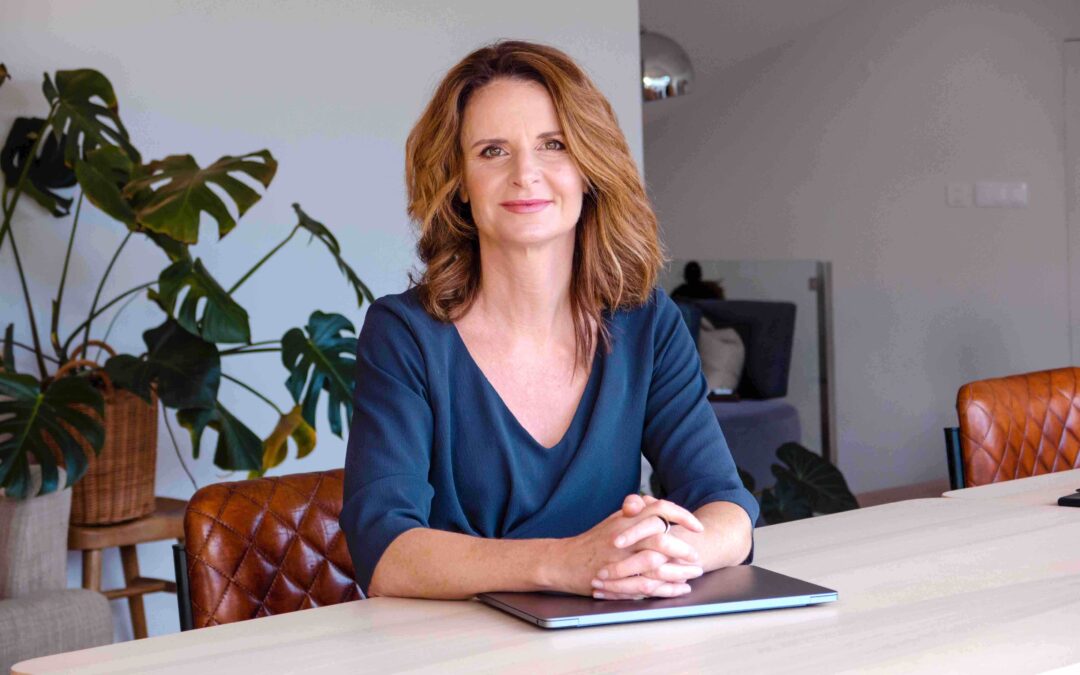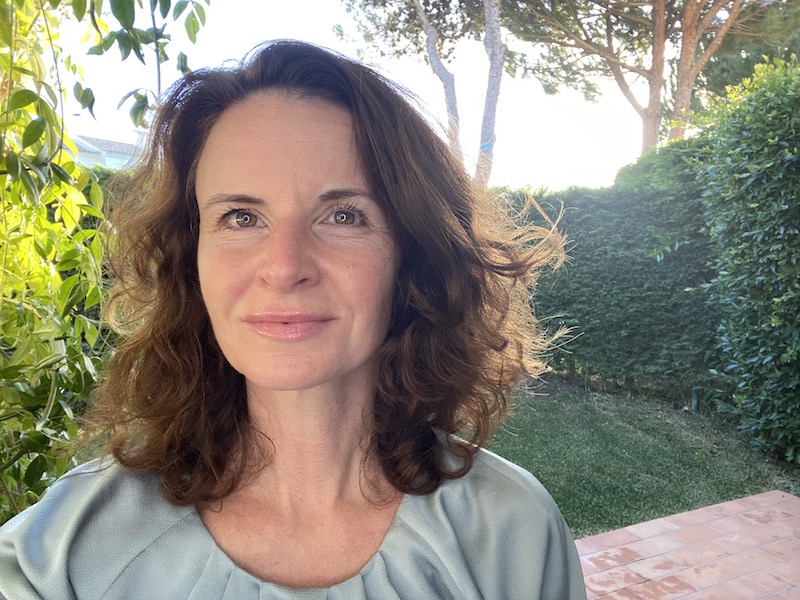
Five Reasons to Become Financially Independent
Why even bother to try to become financially independent?
Why postpone your spending so you can invest and have more money for spending in the future?
What if you’re happy with your life and your job as it is?
I’ll tell you why.
Why Becoming Financially Independent is Important
It’s my firm conviction that everybody should invest purposefully to become financially free.
Everybody.
Including the person with a great career.
Including the person who feels safe because her partner is providing for her.
Including the person who feels like the future is golden.
Why?
It’s called prevention.
It’s like eating fresh vegetables and working out even though you aren’t sick now.
Becoming financially independent is one of the steps in creating a wonderful life.
Here are five specific reasons why you should invest in stocks now in order to become free later:
Reason No. 1: Avoiding Adding a Crisis to a Crisis
Your life will take its own turns.
Surprises are part of life.
It could be sickness, a divorce, a dismissal, a global pandemic, or a sudden death in the family.
Yeah, we don’t really want to talk about that, and that’s why most people avoid planning for disasters like these.
It’s like facing the pictures of the starving children in Yemen. It makes you feel uncomfortable, and instinctively you want to scroll on.
Yes, it’s unpleasant thinking about how something can disrupt the path you’re on.
But that’s the nature of life.
We’ll be surprised, challenged, and we’ll overcome.
But we have to get through the difficulties, and that’s why you need to do some preventive work.
You need to make sure that a crisis doesn’t become bigger than it should be.
If you’re going through a divorce worrying about money, you’re adding one crisis on top of another crisis.
If you get laid off and worry about your finances, you’re adding one crisis on top of another.
If you get sick and have to worry about being able to keep your job while trying to recover, you’re adding one crisis on top of another – making it more difficult to focus on healing.
Being financially independent will make you stronger in life and better equipped to handle the challenges life throws at you.
Reason No. 2: Being Able to Choose From the Top Shelf
When you are financially independent, you have more freedom to build the life of your dreams.
I don’t mean just material stuff like adding another designer bag to your wardrobe.
I’m talking about the big decisions in life and the experiences you can have:
Like resigning impromptu if your boss is pestering you.
Like taking a year off to travel around the globe.
Like deciding to have a child without having to google the cost of daycare.
Like exploring a hobby, even if it’s a bit extravagant.
Like pursuing an infatuation even if the person lives in another state or country.
Those kinds of choices. The truly important choices.
Reason No. 3: Being Able to Spend Time With Your Loved Ones
If you’re dependent on a salary, there will be situations where you’ll be at your desk wishing you were with your family instead.
Maybe your family is gathering for a celebration, and you can’t be there because work is calling.
It can be something negative you need to handle, but can’t.
When my mother died, I was spending most of my time at work.
The doctors turned off the machines that were feeding her because they said it was her wish. She had had a stroke, was unable to move much, but was conscious. We knew she only had a week left. She was dying slowly in a hospital bed.
Most of that week, I was at work. I came after work when I could.
It’s a week I can never have back.
If I had been financially independent, I would have had a choice.
Maybe I didn’t have to resign from my job, but I would have had more leverage and bargaining courage, knowing that i had the money to make it possible to resign.
Reason No. 4: To Prevent Stress
You’re more inclined to get stressed if you worry about your finances.
That’s a fact.
If you know that you can always provide for yourself and your family no matter what happens, it’s easier to shrug when things don’t go your way. That’s what being financially independent means.
It won’t bother you as much if your boss is giving you a hard time.
Sometimes small things become huge when something else is worrying you.
Parents who don’t feel safe financially have all blurted out stuff at their children like “Money doesn’t grow on trees” or “Are you insane? Do you know what that costs?”
That stops when you know with certainty that there is always enough money for you.
Isn’t that a wonderful thought?
Try saying it out loud: “There is always enough money for me/us.”
How does that feel?
Reason No. 5: Being Able to Provide for Your Family for Generations
Investing in stocks isn’t only about you.
It’s about your family. It’s about all the people you care about and the ones who haven’t been born yet.
You’re building wealth, and while you’re doing that, you’re building their future too.
You can make your children, nieces and nephews financially independent too.
You can do that in several ways.
You’re your children’s most important role model. If they see and hear you talk about investing, there is a higher likelihood that they’ll be responsible with their money too.
The other way is to invest for them.
I’ve opened savings accounts and retirement accounts for my two boys, and I actively invest the money on their behalf.
My boys are still small and there’s plenty of runway to make a modest amount of money become millions.
Their savings can really grow, and it will have a big impact on how their lives unfold.
Now what?
Are you ready to invest in stocks?
Are you ready to take charge and steer your finances towards becoming financially independent? Even really wealthy?
Sounds good.
Now you need more information about how to do it.
You’re in luck because next week I am hosting a free, live webinar called Five steps to financial freedom.
I only host a live webinar once or twice a year, so don’t miss out. Of course you can also download the e-book Free Yourself and learn more. A combination of the two is the best. You can download your free copy right here.
You can sign up for the webinar Five Steps to Financial Freedom which takes place Thursday September 21st at 6 pm UCT. You can sign up right here.






